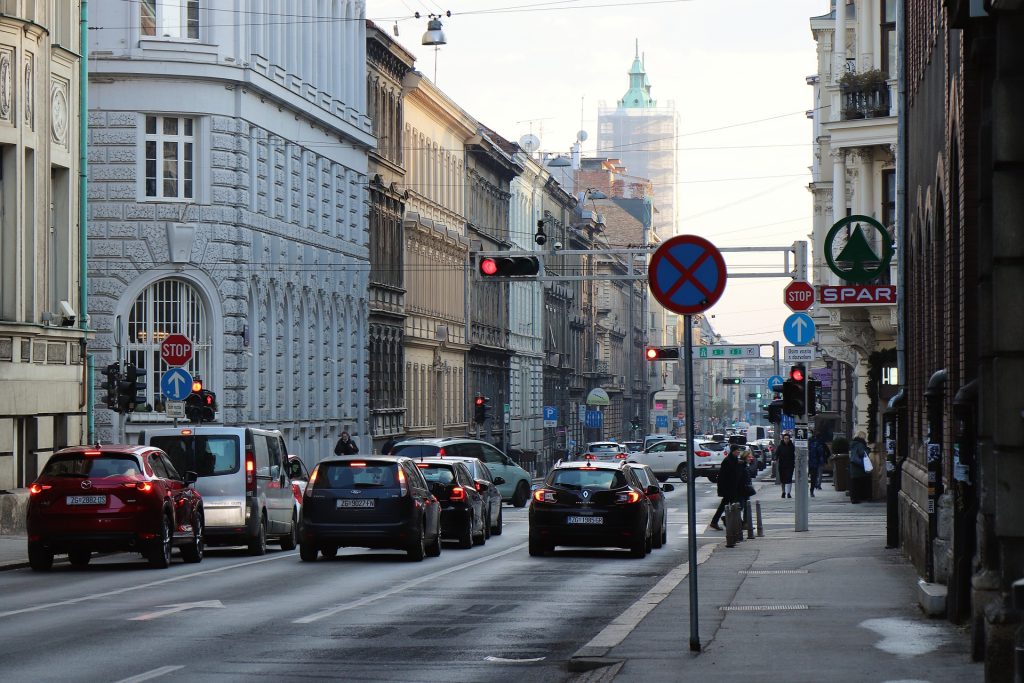April the 4th, 2024 – The abnormally warmer weather for this time of year combined with Easter falling early have seen March Croatian consumption figures jump by 20%.
As Jadranka Dozan/Poslovni Dnevnik writes, the most up-to-date signals on the trend of consumption usually come from the Tax Administration’s data on fiscalised turnover, and it is common for Croatian consumption to increase over the Easter period.
This year has been no different in that regard. Over the past month, 3.08 three billion euros of issued bills and receipts was recorded for all those subject to fiscalisation, and from all activities covered by it. That figure is significantly higher than what was recorded in the first two months of the year.
In the first quarter of 2024, goods and services worth a total of 8.29 billion euros were paid for across Croatia, both with cash and with cards. Compared to the same period last year, this is 1.15 billion or 16 percent more.
an earlier easter drives croatian consumption

Considering the official data on the slowdown of the inflation rate, this is a significant year-on-year jump in turnover. However, this is also partly the result of the fact that this year, Easter fell a little earlier than it usually does. The accompanying pre-holiday spending mostly happened last year in April, and this year, it came in March. In any case, in year-on-year comparisons, the four-month figures will give a more realistic picture of how things stand in reality.
Data from the Central Bureau of Statistics (CBS) on the movement of nominal and real turnover from retail trade has come with a slightly longer time lag. As such, last week, only the data for February was published, and according to that, Croatian consumption compared to February 2023 (calendar adjusted) was nominally 13.4% higher, and realistically 9.1% higher. That was also the highest annual rate recorded in this sense since last April.
When it comes to the impact of the prices themselves, in February 2024, there was a halt in the months-long series of successive slowdowns in the consumer price index. In year-on-year comparisons, this remained at January’s level of 4.1%.
If we look only at the Croatian consumption that took place in March, the value of bills and receipts issued compared to the same month in 2023 was slightly higher, by 320 million or 14.5%. This was primarily due to a 4.5% higher number of receipts issued for the goods and services sold than in March last year.
The largest part of the total fiscalised turnover is, of course, carried by nationwide retail trade. In the first three months of 2024, more than 5.4 billion euros passed through the fiscal cash registers of retailers, of which 2.02 billion took place solely over the last month.
The largest part of traders’ turnover was done in the so-called non-specialised stores mainly selling food and drinks, as well as other common household products. Last month, super and hyper markets recorded 837 million euros in turnover, which is almost 20 percent more than in March last year. This can partly attributed to the aforementioned pre-holiday shopping occurring earlier as a result of an earlier Easter
abnormally warmer weather has also had an impact

The impact of Easter, but also of warmer weather, is also noticeable when looking at the turnover of the hospitality sector. After the fiscalised turnover in these activities in the first two months of 2024 ranged between 205 and 215 million euros, in March, the total exceeded 248 million. This is 21% more compared to the same month last year. If the entire first quarter of the year is observed, then that increase is slightly lower, but still close to 20 percent. That speaks volumes about the growth of Croatian consumption, as well as the prices of catering and hospitality services.
When it comes to the activity of providing accommodation services paid for using both cards and cash, the data of the Tax Administration is on the trail of the first reports on the growth of arrivals and overnight stays recorded in the first quarter of 2024 (growth of 16 and 15 percent, respectively).
Last month, accommodation services recorded a fiscalised turnover of almost 61 million euros compared to 47.8 million recorded back during the same month last year. Since the beginning of this year, so far (until the end of March), the total amount of bills and receipts issued carry a value of over 154 million euros. That is about 34 million or almost 28% more than what was recorded back in the same period last year.
Otherwise, in the implementation of fiscalisation supervision, irregularities are relatively often identified, and the assumption is that they’re more widespread in service activities. Of the 7,416 inspections carried out in 2023, in more than half of them (56%), irregularities were found. These were for the non-issuance (non-fiscalisation) of receipts or the non-recording of the entire turnover, incomplete and/or incorrect data on business premises, and so on.










